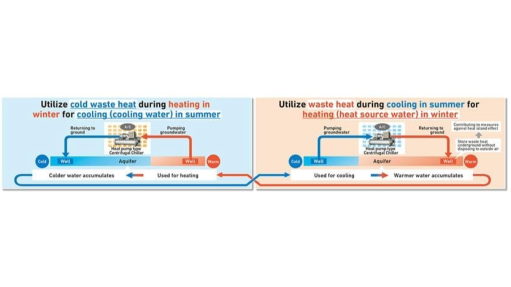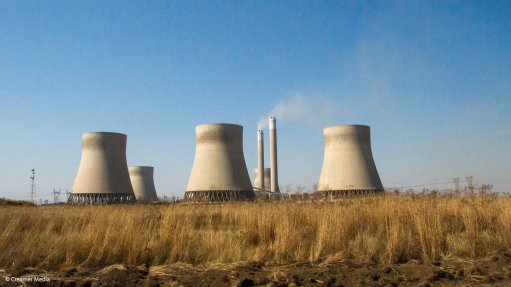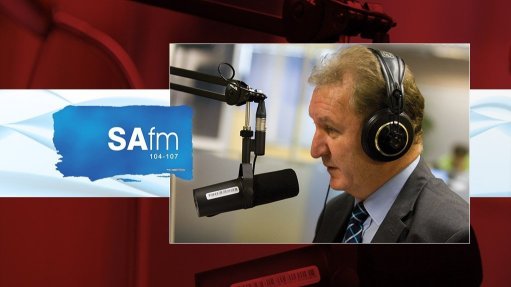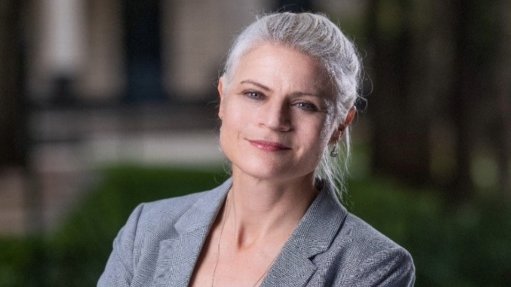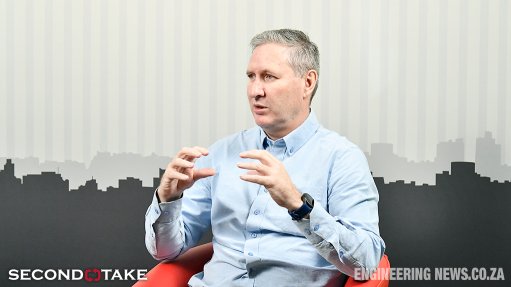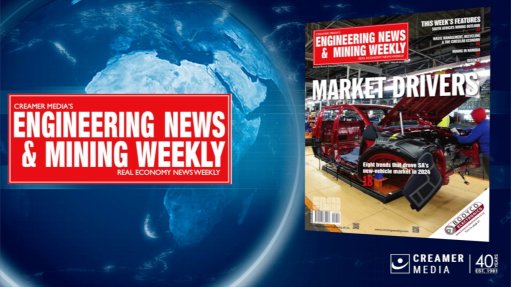Industries should collaborate in submitting industry waste-management plans – law firm

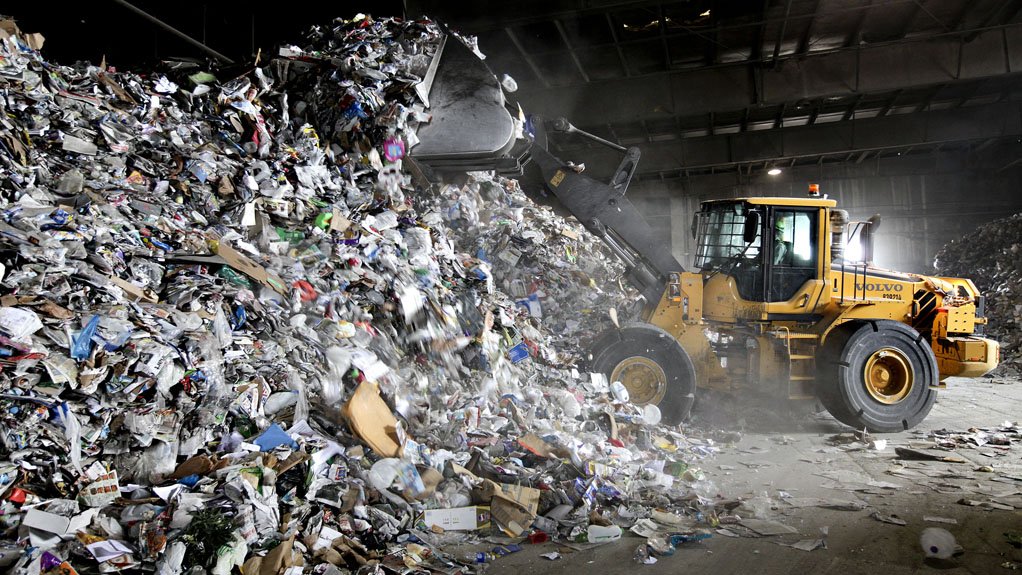
ONEROUS MATTER? Contentious content for industry waste management plans include the way in which affected industries will prioritise reduction, reuse, recycling, and waste recovery
Photo by Bloomberg
It appears industry will soon have to collaborate and share current research and other resources to develop industry waste-management plans (IWMPs), states law firm Cliffe Dekker Hofmeyr.
It is likely that IWMPs will not only have to comply with challenging timeframes but also provide a framework to promote a collaborative best practice in waste management, which has buy-in from various participants in the value chain in the relevant industry, says Cliffe Dekker Hofmeyr Environmental senior associate Tracy-Lee Erasmus.
This follows a series of notices, publicised over the past two months, whereby Environmental Affairs Minister Edna Molewa attempted to task the paper and packaging, electrical and electronic and lighting industries, also known as the affected industries, in terms of the National Environmental Management: Waste Act (Waste Act), to prepare and submit to the Minister an industry waste-management plan (IWMP) for approval.
On September 12, theMinister withdrew and replaced the initial notice published on August 12, with a draft notice calling for IWMPs from the affected industries. The draft notice is meant to allow government an opportunity to pursue further consultations with affected industries, Erasmus explains.
“The withdrawal notice is welcomed, given the overwhelming criticism and alarm created by the impractical deadlines contained within the August notice for the preparation and submission of IWMPs,” Erasmus says.
She highlights that the draft notice now proposes 12-month timeframes for the affected industries to register with the Minister and prepare and submit an IWMP for approval. It has also reverted to the requirement under the initial draft notice published in mid-2015 that all IWMPs be representative of 70% of the affected industry registered with the department and deletes explicit references to importers of packaging being regulated under the notice.
“The draft notice does, however, still create some confusion on which entities will be considered part of the paper and packaging industry required to register, prepare and submit IWMPs, Erasmus points out, noting that the draft notice, like the August notice, includes a wide definition of “packaging”, which creates some confusion on who is generally included in the paper and packaging industry.
It also imposes the registration and IWMP submission obligations on the “category of person or industry” contemplated in section 28(1) of the Waste Act. What the ambit of the “category of person or industry” is is unclear, as these terms are not qualified in the draft notice or the Waste Act, she says.
“This is an aspect that will hopefully be clarified during the consultative process, which ends October 10,” Erasmus posits.
Once the draft notice is finalised, the compilation of the IWMP will require some specialist inputs and be subjected to a lengthy public participation process, which effectively allows for less than the proposed 12 months to collaborate meaningfully and develop the plan.
Further, Erasmus believes that onerous contents for an IWMP are imposed in the Waste Act. This includes the way in which affected industries will prioritise reduction, reuse, recycling and waste recovery, as well as implement measures to realise best environmental management practice.
Incentives and financial contributions, which will be applied to encourage end-users to practise good waste management, and measures to increase national awareness, are also required, she adds.
Social responsibility issues and methods to include the formal sector in the plan, will also need to be addressed.
“The IWMP is not just a simple conceptual framework for waste management in the affected industries . . . . To produce a IWMP with this amount of detail requires specialist input and some collaboration across the affected industries,” Erasmus concludes.
Comments
Press Office
Announcements
What's On
Subscribe to improve your user experience...
Option 1 (equivalent of R125 a month):
Receive a weekly copy of Creamer Media's Engineering News & Mining Weekly magazine
(print copy for those in South Africa and e-magazine for those outside of South Africa)
Receive daily email newsletters
Access to full search results
Access archive of magazine back copies
Access to Projects in Progress
Access to ONE Research Report of your choice in PDF format
Option 2 (equivalent of R375 a month):
All benefits from Option 1
PLUS
Access to Creamer Media's Research Channel Africa for ALL Research Reports, in PDF format, on various industrial and mining sectors
including Electricity; Water; Energy Transition; Hydrogen; Roads, Rail and Ports; Coal; Gold; Platinum; Battery Metals; etc.
Already a subscriber?
Forgotten your password?
Receive weekly copy of Creamer Media's Engineering News & Mining Weekly magazine (print copy for those in South Africa and e-magazine for those outside of South Africa)
➕
Recieve daily email newsletters
➕
Access to full search results
➕
Access archive of magazine back copies
➕
Access to Projects in Progress
➕
Access to ONE Research Report of your choice in PDF format
RESEARCH CHANNEL AFRICA
R4500 (equivalent of R375 a month)
SUBSCRIBEAll benefits from Option 1
➕
Access to Creamer Media's Research Channel Africa for ALL Research Reports on various industrial and mining sectors, in PDF format, including on:
Electricity
➕
Water
➕
Energy Transition
➕
Hydrogen
➕
Roads, Rail and Ports
➕
Coal
➕
Gold
➕
Platinum
➕
Battery Metals
➕
etc.
Receive all benefits from Option 1 or Option 2 delivered to numerous people at your company
➕
Multiple User names and Passwords for simultaneous log-ins
➕
Intranet integration access to all in your organisation








